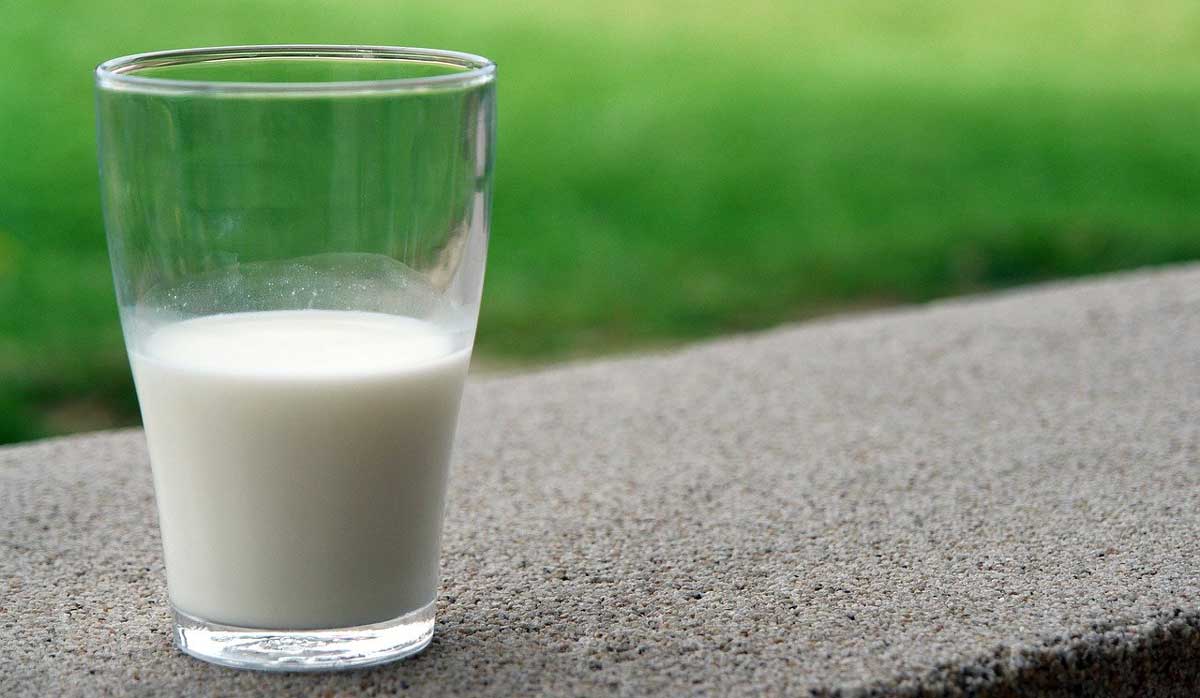MPI Hails Kiwifruit Boom as Horticulture Revenue Surges Past $9 Billion
Ministry for Primary Industries (MPI) Director General Ray Smith is giving a big shout-out to the horticulture sector, especially kiwifruit.
The Ministry for Primary Industries (MPI) has cracked down on unlicensed raw milk suppliers.
MPI compliance staff executed search warrants on December 3 at eight unregistered suppliers of raw (unpasteurised) drinking milk in Auckland, Hawkes Bay, Manawatu, Horowhenua, Nelson and Southland.
MPI’s manager of food compliance, Melinda Sando, says the co-ordinated site visits followed a year-long operation, and were to gather evidence of the offending and to allow further investigation.
“We believe that the suppliers we visited today are operating outside of the regulatory framework. By not adhering to the rules for selling raw drinking milk, they are putting consumer health at risk.
“There have been multiple instances in the past of people getting sick after drinking raw milk from some of these suppliers. We can’t let this continue.”
Sando says unregistered suppliers have been using various tactics to continue selling their product, including selling it as ‘bath milk’ or ‘pet milk’.
“These tactics are not legal in our view and are a way of getting around the regulations and avoiding the costs associated with being compliant, including food safety testing costs, registration costs and audit costs.
MPI says a formal investigation is underway and prosecution action may follow.
The eight suppliers were directed to stop selling raw milk until they complied but all still have the option of registering and selling within the regulatory framework.
A raw milk pioneer has welcomed the crackdown. Richard Houston, managing director of Takaka-based Village Milk, says it brings everybody onto the same field.
He said it was good that MPI was “stepping up to the plate” to go after operators who wanted to run their business without proper testing, or who had “gone underground”.
Houston believed it was the first real shake-up since new rules on supplying raw milk came into effect on March 1, 2016.
It had been a long time coming, he said.
“Hats off to Melinda (Sando). She’s done a great job.”
 |
|---|
|
Current regulations require raw milk suppliers to register with MPI, follow strict hygiene and testing protocols, and to ask customers for contact details so that any discovery of potential health risks can be followed up. |
Sando says all suppliers were able to take part in the consultation process on the new regulations.
“They knew what the rules were designed to do and why they were brought into effect. The suppliers need to stop selling unregulated product immediately. They’ll be able to resume selling once they have met all requirements to make them compliant. We hope they put human health first. It’s the responsible thing to do.”
MPI made no apologies for holding to account people who are breaching the regulations.
“Raw unpasteurised milk is a risky product as it hasn’t been heat treated to remove illness-causing bacteria including E. coli, listeria and campylobacter.
“These types of bacteria most commonly cause severe diarrhoea and vomiting, but occasionally some have been linked with more serious complications that include miscarriage, paralysis, meningitis and serious kidney problems in children. Raw milk may also be a source of tuberculosis.”
Sando said MPI supports consumer choice.
“We’re not saying people can’t drink raw unpasteurised milk. What we are saying is that when people choose to drink raw unpasteurised milk, they’re able to make that choice with a degree of confidence that the milk they’re consuming is produced within the regulatory framework.
“Purchasing from MPI-registered suppliers who are being audited regularly to ensure they are managing risks and testing regularly helps consumers reduce the risks if they choose to drink this product.”
The South Island Dairy Event has announced Jessica Findlay as the recipient of the BrightSIDE Scholarship Programme, recognising her commitment to furthering her education and future career in the New Zealand dairy industry.
New Zealand and Chile have signed a new arrangement designed to boost agricultural cooperation and drive sector success.
New DairyNZ research will help farmers mitigate the impacts of heat stress on herds in high-risk regions of the country.
Budou are being picked now in Bridge Pā, the most intense and exciting time of the year for the Greencollar team – and the harvest of the finest eating grapes is weeks earlier than expected.
The Real Estate Institute of New Zealand (REINZ) has released its latest rural property report, providing a detailed view of New Zealand’s rural real estate market for the 12 months ending December 2025.
Rural retailer Farmlands has released it's latest round of half-year results, labeling it as evidence that its five-year strategy is delivering on financial performance and better value for members.
OPINION: Expect the Indian free trade deal to feature strongly in the election campaign.
OPINION: One of the world's largest ice cream makers, Nestlé, is going cold on the viability of making the dessert.